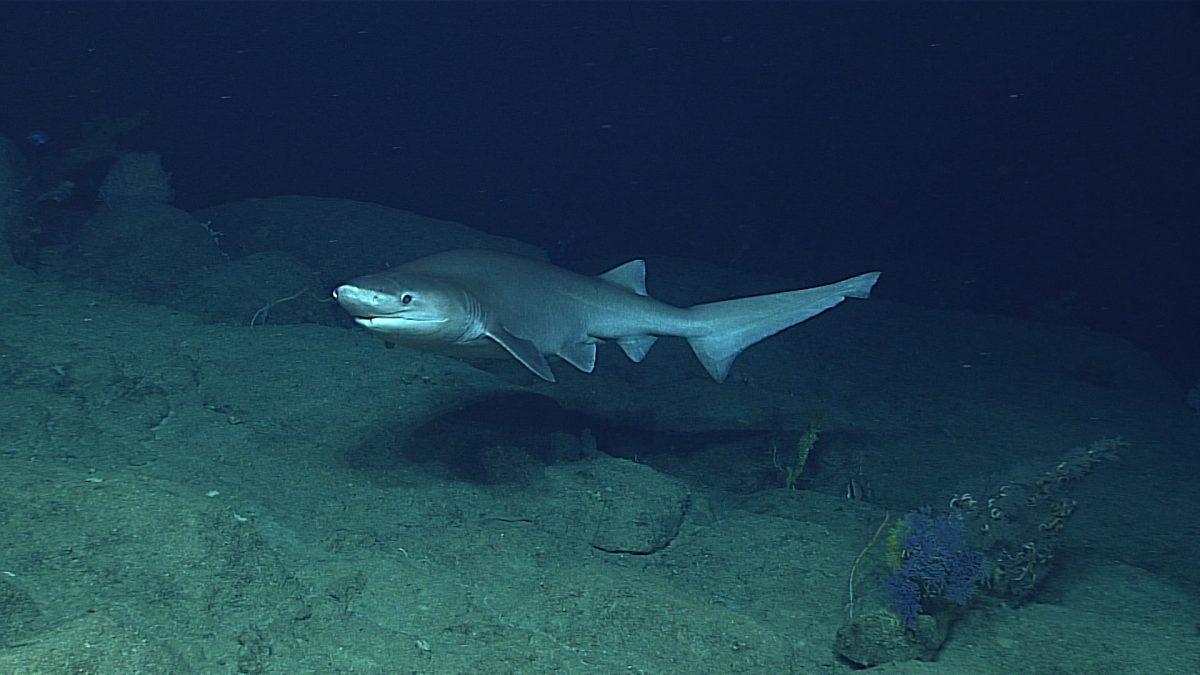When it comes to the world of science, discoveries and breakthroughs are made every day. To help you keep up with them, The Battalion compiles a few of the most compelling scientific stories from this past week.
Paleontology: Puppy remains from 14,000 years ago shows human care and bonding with animals
A new study suggests that human care of animals extends all the way back to late pleistocene times. While the Bonn-Oberkassel dog remains were discovered over 100 years ago, recent re-examination revealed teeth of other younger and older dogs.
The Bonn-Oberkassel dog was a late teen when it was buried at around 28 weeks old, with two adult humans and grave goods. Oral cavity lesions indicate an ill dog that likely suffered a infection in its teeth. The morbillivirus infection, or canine distemper, has a three-week disease course with very high mortality. Without intensive human help, the dog had no chance for survival and due to the dog surviving three different bouts of the infection, care and attention were given from humans at the time.
Health: Study finds lead and other toxic metals in e-cigarette vapors
Due to the heating coils that create a e-cigarette vapor, metals like lead and nickel can be inhaled by a person in the aerosols created by the process. In a sample of 56 e-cigarette users, many devices were found to create unsafe levels of lead, chromium, manganese and/or nickel. Inhalation of these metals has been linked to lung, liver, immune, cardiovascular and brain damage, and even cancers.
While the Food and Drug Administration has the authority to regulate e-cigarettes, they are still considering how to do so and what is going to be the focus of their regulations. According to the tests in the research, almost 50 percent of aerosol samples had lead concentrations higher than health-based limits defined by the Environmental Protection Agency. Further studies from the researchers are hoping to look at the actual health effects that take place on people who constantly use and inhale the aerosols from e-cigarettes.
Animal Science: New species of shark have been discovered with teeth like saws
A new species of sharks have been discovered in the Atlantic Ocean and has been named the “Atlantic sixgill shark.” While the animal has similar counterparts in the Indian and Pacific oceans, new testing has discovered a difference in the species.
The researchers turned to genetics to study the creatures since the sharks were often too deep in the water to compare specimen. Over 1,300 pairs base pairs of two mitochondrial genes. Compared to its counterparts in other oceans though, the shark is smaller than them coming in only at around six feet. Scientists hope that through this discovery, these sharks can can be saved from dying off early and be saved from overfishing.
This week in science
February 28, 2018
0
Donate to The Battalion
Your donation will support the student journalists of Texas A&M University - College Station. Your contribution will allow us to purchase equipment and cover our annual website hosting costs.
More to Discover








